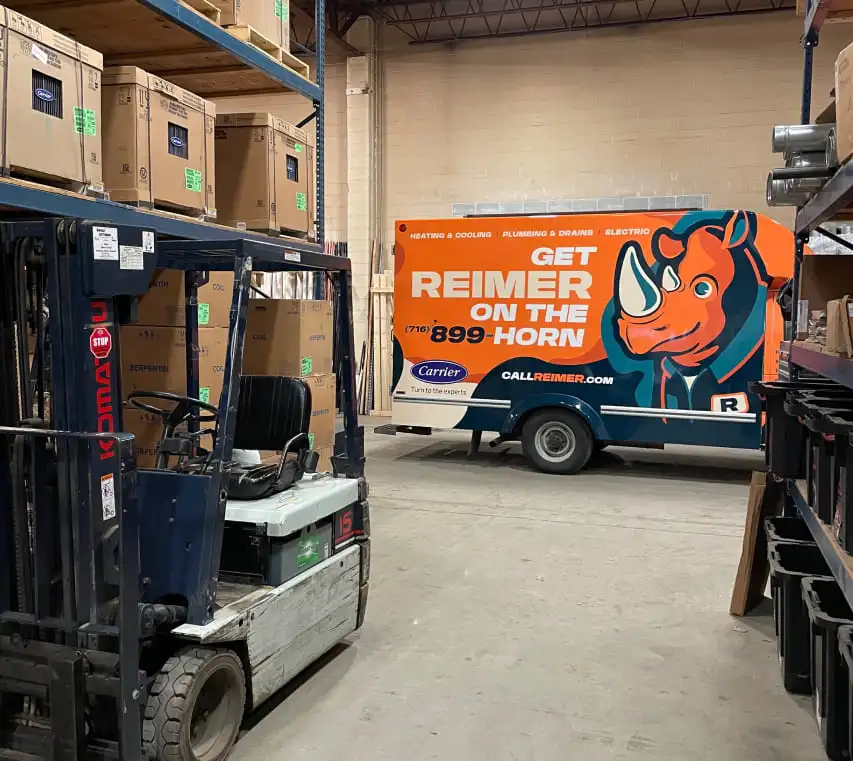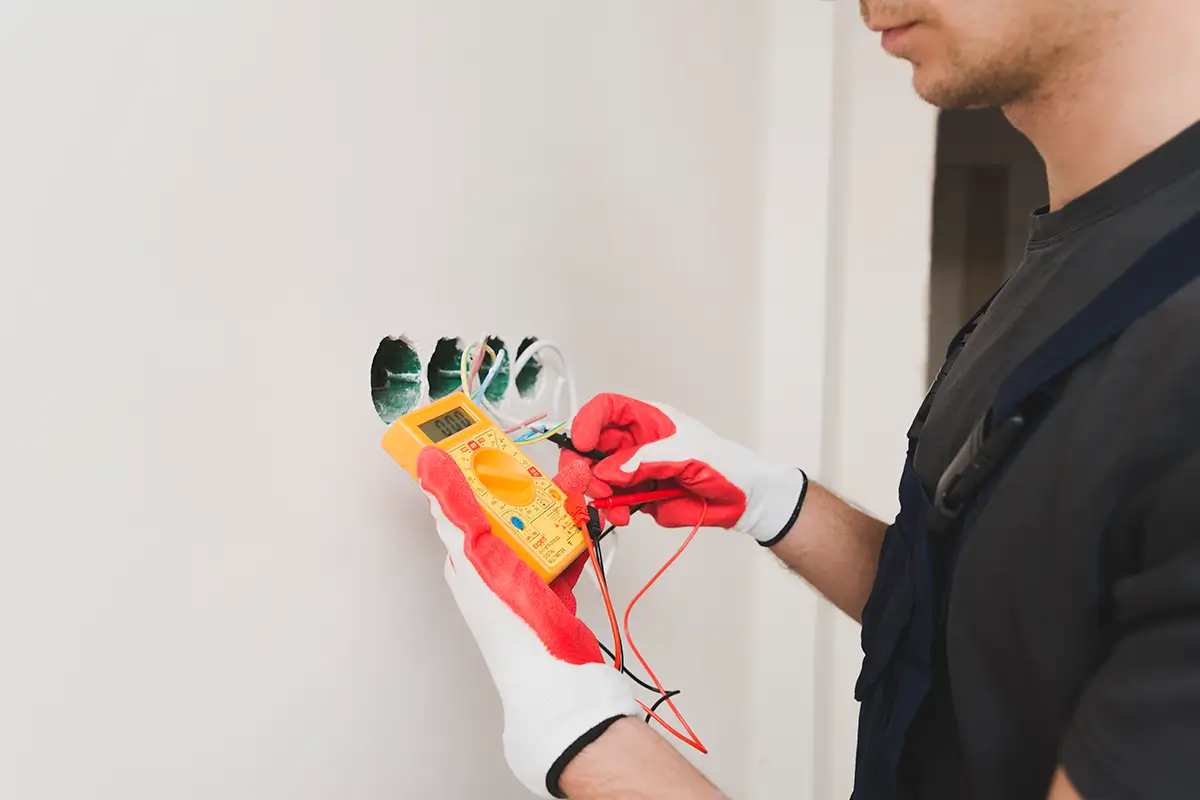In a recent blog post, we discussed just how important working plumbing is to your home. Arguably the most critical aspect of your plumbing is your water heater. From your morning showers to doing the dishes after dinner, you and your family rely on the water heater working properly and efficiently. At Reimer, we recommend that homeowners here in Buffalo and Western New York keep up with their water heater maintenance. In this article, we’ll review the benefits of an annual water heater flush and pressure-relief valve test, as well as the replacement of the anode rod midway through the life of the system.
For plumbing and water heater services from an experienced and locally trusted team of plumbers, call Reimer.
What are the benefits of water heater maintenance?
With the right annual maintenance and upkeep, you can extend the life of your water heater by several years, while also making it operate more efficiently. Two of the annual water heater maintenance tasks discussed in this article—a water heater flush and pressure-relief valve test—can be easily performed by homeowners in about 15 minutes. An anode rod replacement is something you should put on the calendar to be taken care of midway through the life of your water heater.
What is a water heater flush?
Over time, sediment and corrosion can begin to collect inside of the water heater tank, typically at the bottom. This material is brought in from the tap, but is not typically discharged when hot water is sent to the faucets and shower heads in your home. So, it remains. When enough of it has collected, it can start to negatively impact the water heater’s efficiency and performance, essentially forming an insulating layer between the heating element and the water in the tank.
To clear this sediment, you’ll need to flush your water heater at least once per-year. During this process, the tank will be drained through a hose into a bucket, removing the existing sediment and corrosion. The tank then refills with fresh, clear water.
If you’d like Reimer to help you with this, give us a call. Our plumbers are ready to help with all your water heater maintenance needs.
Test your pressure-relief valve
Your water heater’s pressure-relief valve is an important safety mechanism that prevents excess pressure from building up inside of the water heater tank. All standard water heaters are pressurized: heating the water causes pressure to build up. When operating normally, the water heater tank holds a pressure of about 100 PSI. Additional pressure is often dissipated through the pipes in your home, rebalancing things. However, if the water heater is unable to discharge excess pressure in that way, that’s where the pressure-relief valve comes into play.
When additional pressure is detected, the valve opens, releasing hot water and air onto the ground. If you notice a limited pool of water around your water heater, it might be a sign that the pressure-relief valve has recently discharged.
However, there are several things that can potentially go wrong with this valve:
- Corrosion buildup can cause the valve to become stuck, so that it cannot open to discharge extra pressure.
- The valve can become stuck immediately after discharge.
- The valve can break, not allowing it to release pressure.
If any of these three things happen, your water heater’s pressure could build to unsafe levels. Enough pressure, and the tank structure will eventually give in, causing an event plumbers commonly refer to as a “tank burst.” This is why we recommend homeowners test, or have the plumbers at Reimer test, their pressure-relief valve at least once per-year.
Have one of our plumbers check the anode rod
In a standard water heater, the anode rod is the key to system longevity. The combination of metal, heat, and water is what brings your home hot showers, but it’s also the perfect recipe for corrosion and rust. The anode rod, which drops down into the tank through the top of the water heater, serves as a form of bait for that corrosion, attracting it away from the tank walls.
Eventually, however, the corrosion effectively “eats” through the anode rod, reducing it to nothing. Once this has occurred, there is nothing to attract corrosion away from the tank walls, which could lead to the failure of the water heater down the road.
To extend the life of your water heater, we recommend that you have the plumbers here at Reimer replace the anode rod midway through the life of the system—about 5-6 years in.
Call Reimer for all your water heater repair, maintenance, and replacement needs
The team at Reimer is ready to assist you with all your water heater needs here in Buffalo and Western New York. To schedule service with our team, give us a call today.





